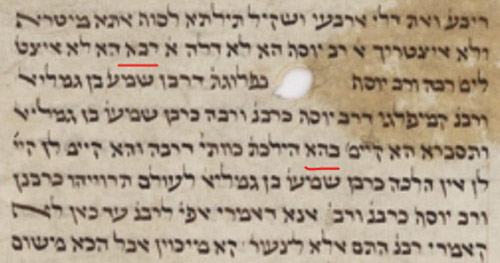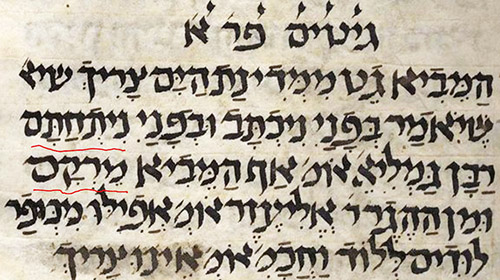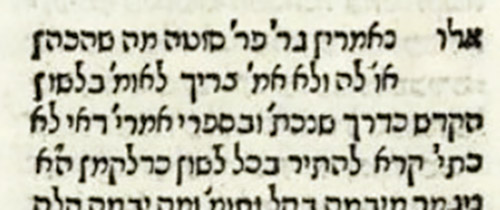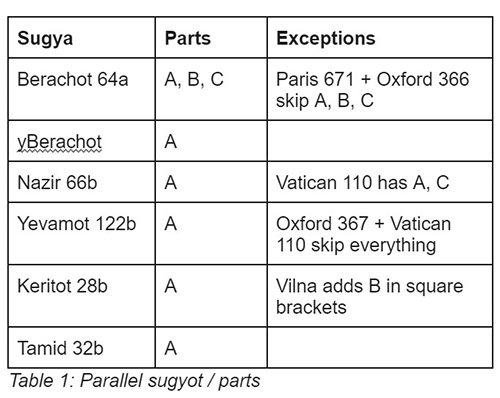
Part I: Rabba Versus Rav Yosef
Rabba (bar Nachmani) and Rav Yosef (bar Chiyya) were third-generation Amoraim situated in Pumbedita, and were frequent disputants. Rav Yehuda (bar Yechezkel) was their teacher

Rabba (bar Nachmani) and Rav Yosef (bar Chiyya) were third-generation Amoraim situated in Pumbedita, and were frequent disputants. Rav Yehuda (bar Yechezkel) was their teacher

By Rabbi Dr. Joshua Waxman Why did Abaye and Rava spend so much time arguing about Halacha, bringing proofs from Mishnayot and braytot, and reinterpreting

In shul, after a person has completed his aliyah and is en-route to his seat, I am in the habit of congratulating him by telling

The Mishna in Gittin (2a) begins with a statement that an agent bringing a get from abroad must declare that it was written and signed

As I write this, we approach Shavuot, celebrating the giving of the Torah from Hashem to Israel. Midrashim consider Matan Torah to function conceptually as

Arthur Charles Clarke — the British science and science fiction writer—expressed what is known as Clarke’s three laws: (1) When a distinguished, but elderly scientist

Sotah 39a describes and derives the obligation to be quiet for kriat haTorah. Thus: אָמַר רָבָא בַּר רַב הוּנָא: כֵּיוָן שֶׁנִּפְתַּח סֵפֶר תּוֹרָה אָסוּר לְסַפֵּר

A new perek begins on Sotah 32a—with the mishna stating אֵלּוּ נֶאֱמָרִין בְּכׇל לָשׁוֹן—these may be said in any language. Yet, Rashi writes אלו נאמרין

Rav Chanina of Sura makes an appearance on Sotah 25a, one of a handful of appearances in Talmud. A dilemma was raised before the Sages:

The typical administration of the bitter sotah waters are via her drinking them, as it states, (Bemidbar 5:24) “וְהִשְׁקָה֙ אֶת־הָ֣אִשָּׁ֔ה אֶת־מֵ֥י הַמָּרִ֖ים הַמְאָֽרְרִ֑ים, he shall

In honor of the holiday, I’m diverting from Daf Yomi, and focusing on Pesach! Last week, I mentioned that I’ve spotted dozens of hidden examples

Rabbi Dr. Daniel Sperber, in Minhagei Yisrael, discusses a minhag of the Jews of Rome: instead of the first-born males fasting on Erev Pesach, and